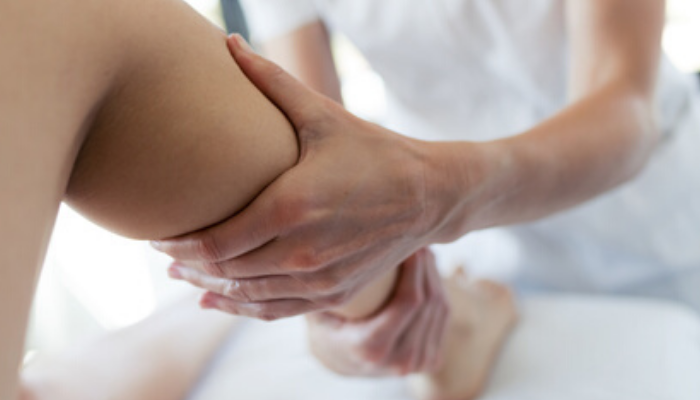
13 Dec Restless Leg Syndrome
Restless Leg Syndrome (RLS) is a neurological condition which is characterised by a strong desire to move the legs, as well as other symptoms such as twitching, tingling and other unpleasant sensations.
RLS affects around 5-10% of the adult population in the UK. Although symptoms can occur at any time, they commonly occur during the evening and are generally worse during the night, when the person is lying down, or after long periods of inactivity.
As a consequence, it can dramatically reduce both the quality of sleep, leading to exhaustion, daytime sleepiness, and a loss of concentration. It can result in a 20% decrease in work productivity and is associated with increased levels of both anxiety and depression.
The causes of RLS are poorly understood, but there is thought to be a link with a dysfunction in a part of the brain known as the basal ganglia. The basal ganglia is associated with the control of movements and is responsible for the production of the hormone dopamine
There is no cure for RLS. Currently it is managed by drugs but many of these have unpleasant side effects and can become less effective over time.
Many patients seek alternative ways to manage their symptoms and there are lots of natural remedies and alternative treatments to choose from, so the following are treatments where there is some scientific evidence to support their use.
Pump some iron – Evidence indicates that low levels of iron within the brain can be found in RLS patients (30%). It may be worth asking your doctor to check your iron levels and they can then advise you if supplementation is appropriate.
Get Moving – Trials have shown that doing three sessions a week of aerobic and lower body resistance training for 8 weeks resulted in a 50% reduction in symptoms and improved sleep. In particular yoga and pilates type exercises were helpful, both of which are offered here at Halo. We can also provide a tailored home exercise programme.
Mindfulness – This teaches psychological strategies for controlling your symptoms. Studies show that mindfulness can reduce symptom severity and improve sleep quality. Nicola, Caterina and Hannah all offer mindfulness training her at Halo.
Massage and Aromatherapy – A 2007 study found that twice weekly massage focusing on the lower legs eased symptoms and sleeplessness. A recent study looked into the benefits of massaging lavender oil into both legs of patients with RLS for a period of 3 weeks compared to a control group with no treatment. By the end of the study the RLS score they used to measure symptoms was significantly reduced in the group using lavender oil.
Summary
Exercise, Mindfulness and Massage are all offered at Halo. These treatments have few if any side effects associated with them and could be helpful in managing Restless Leg syndrome.



No Comments